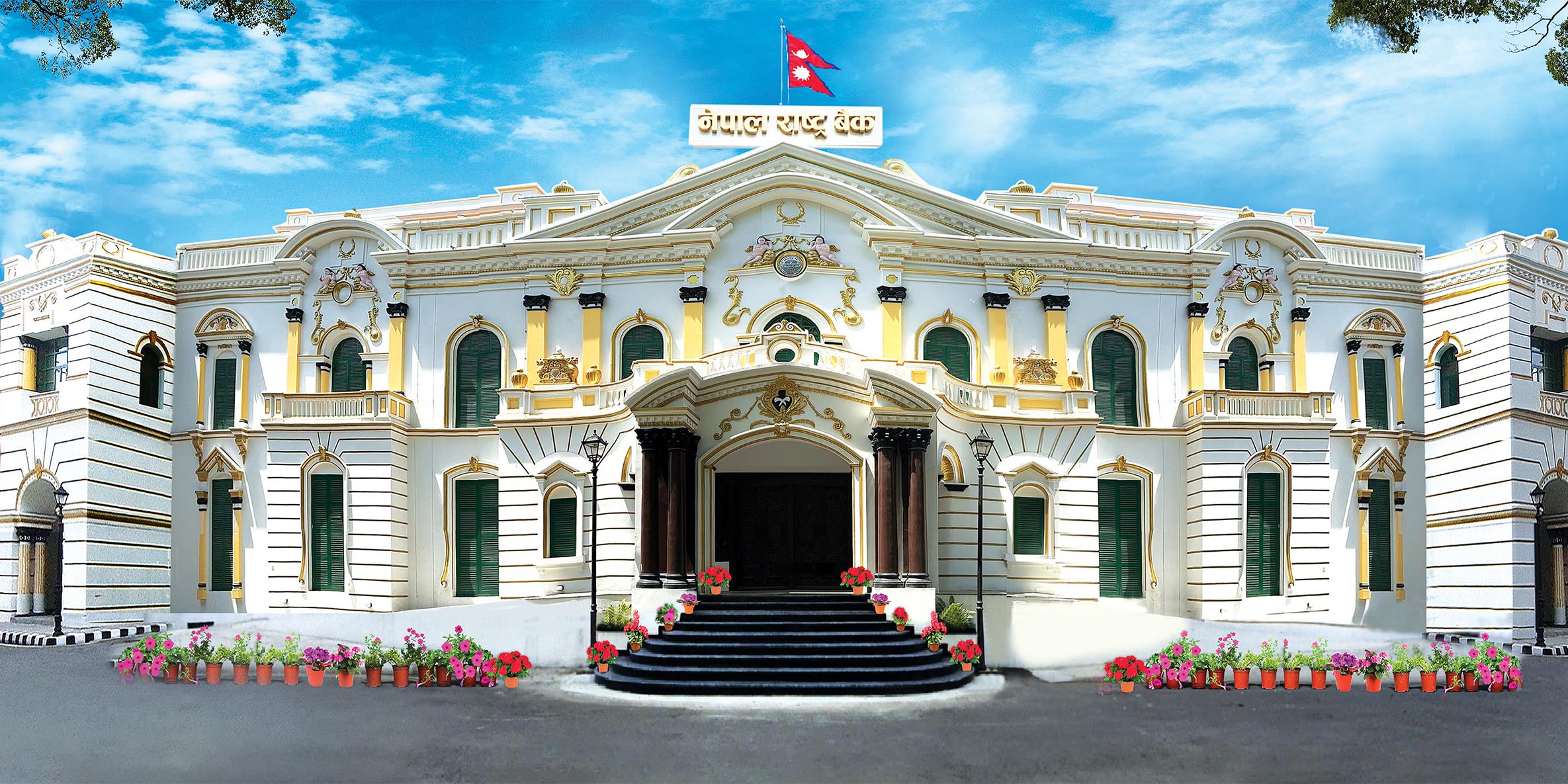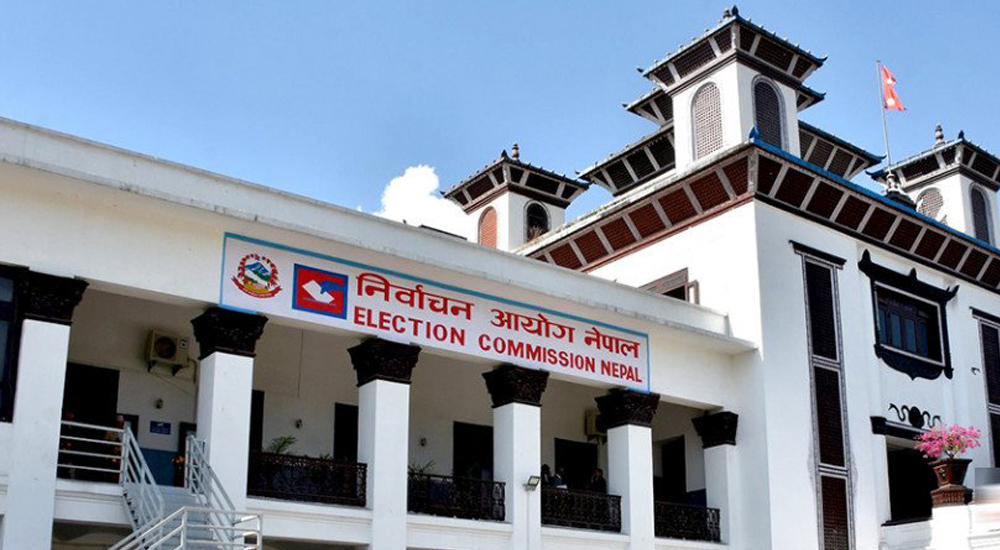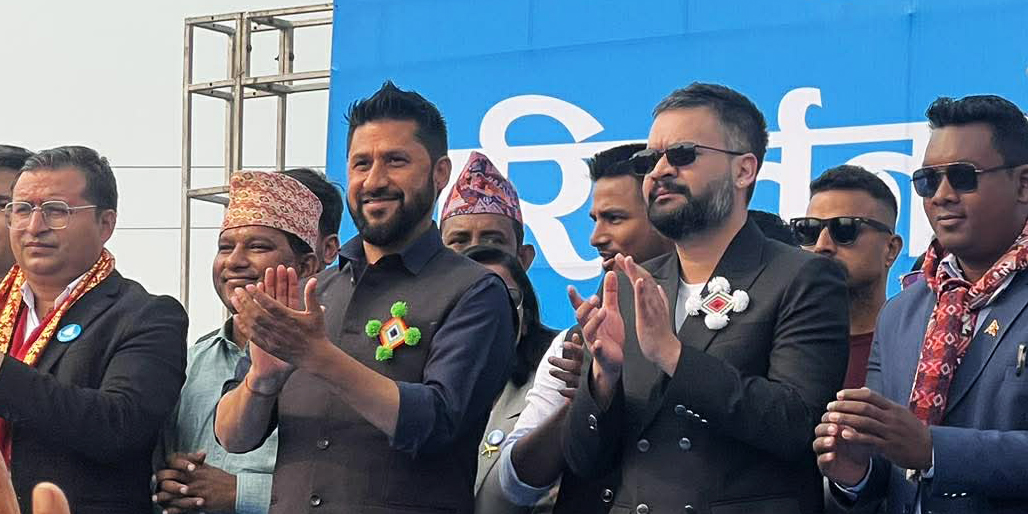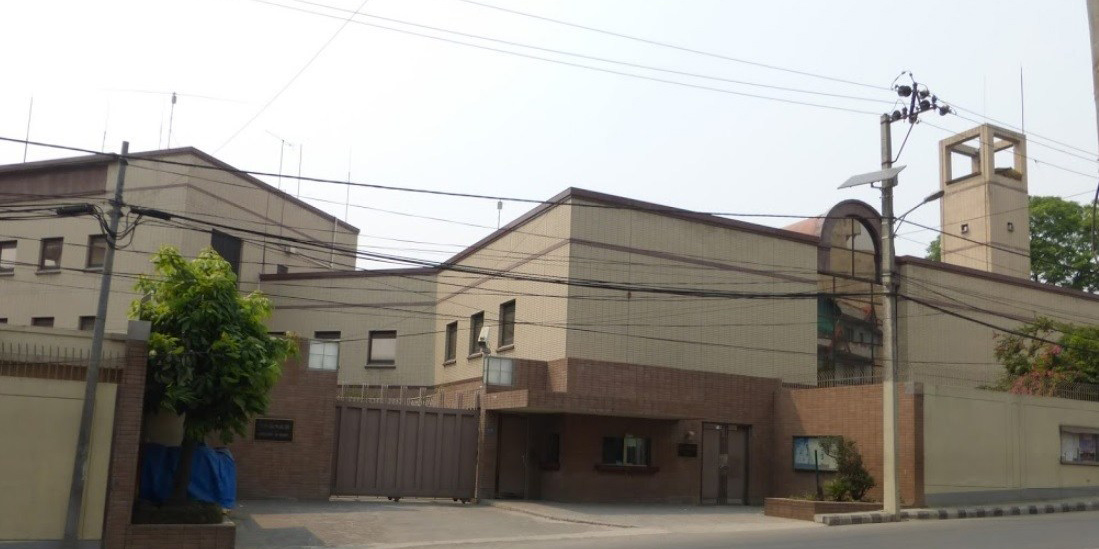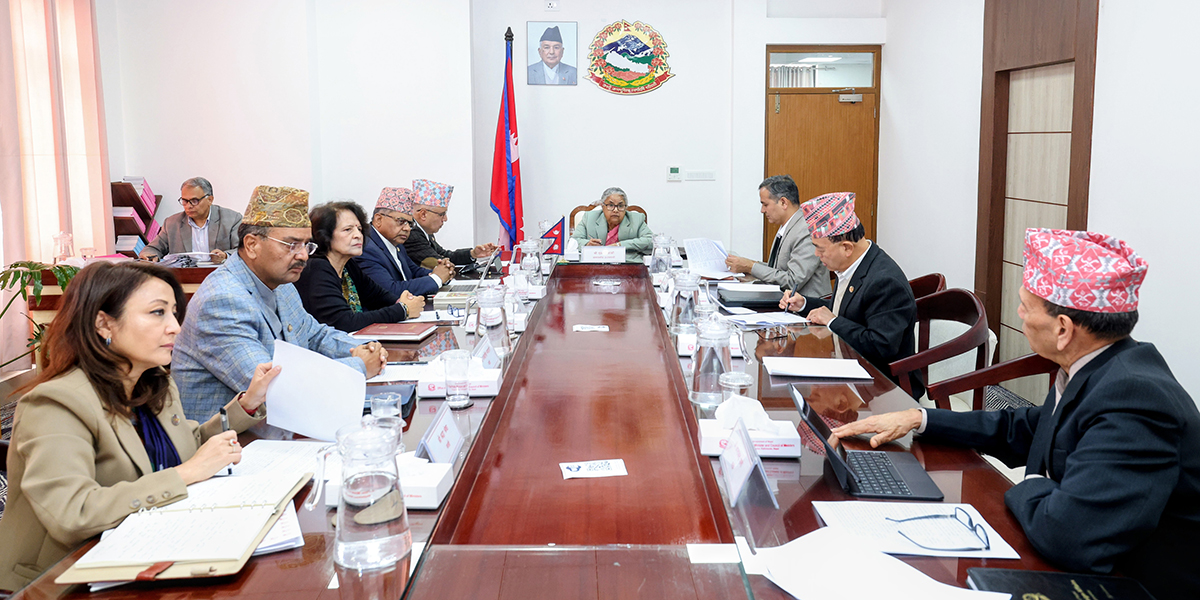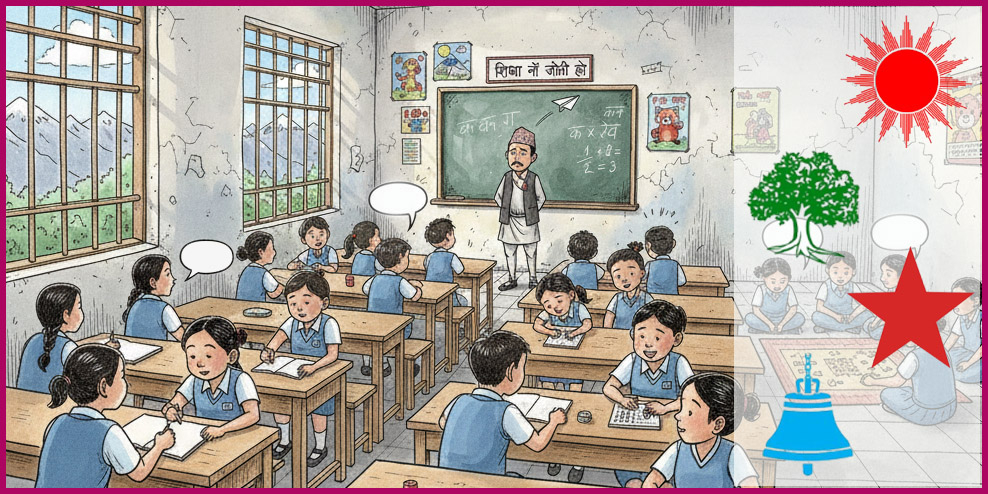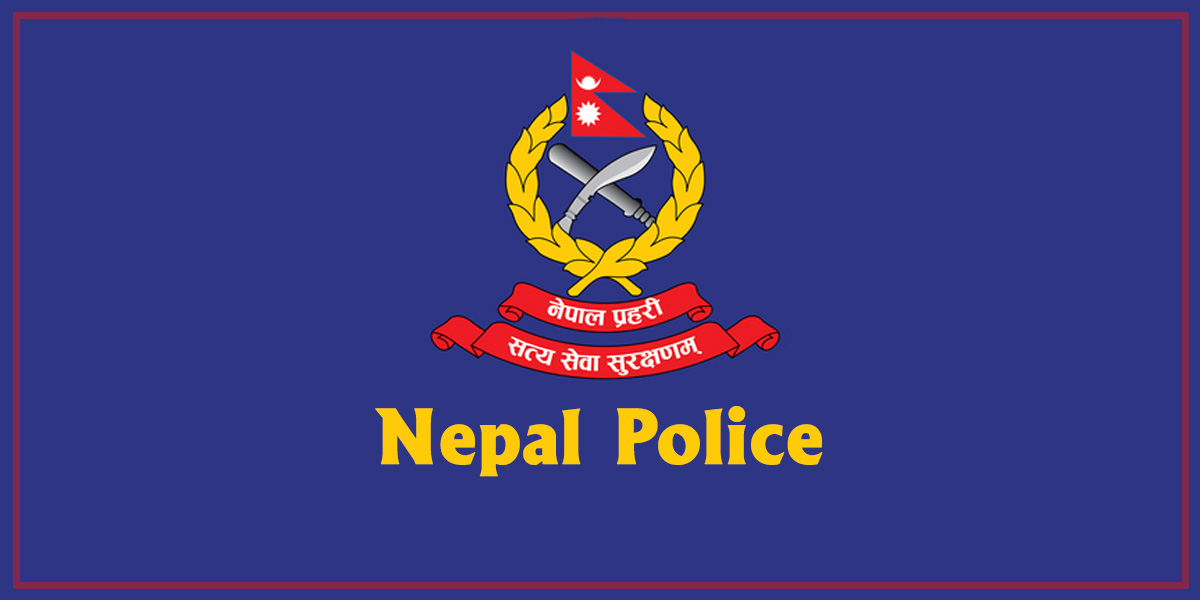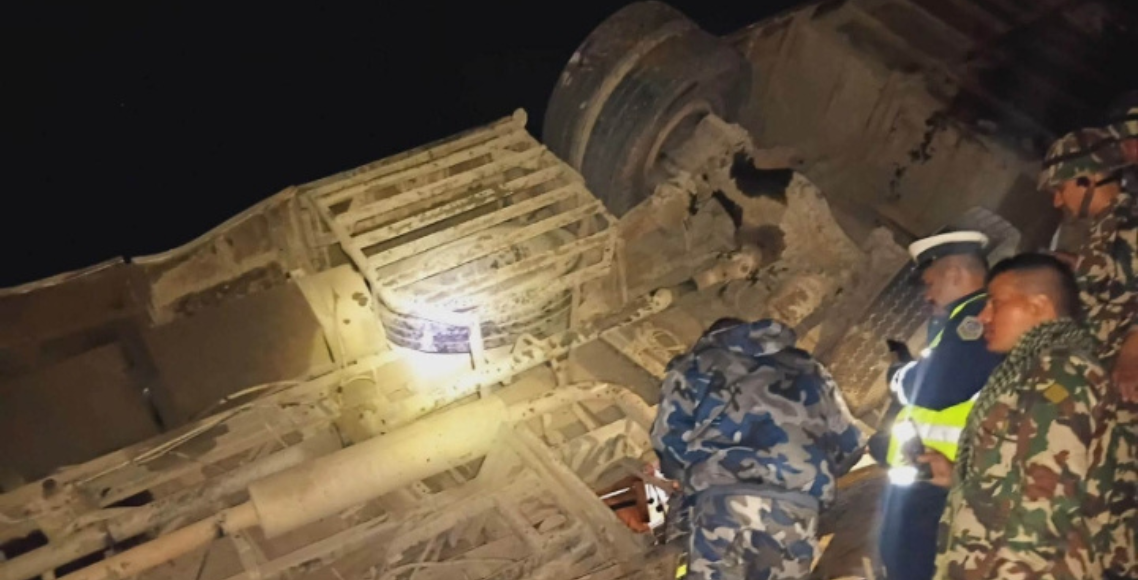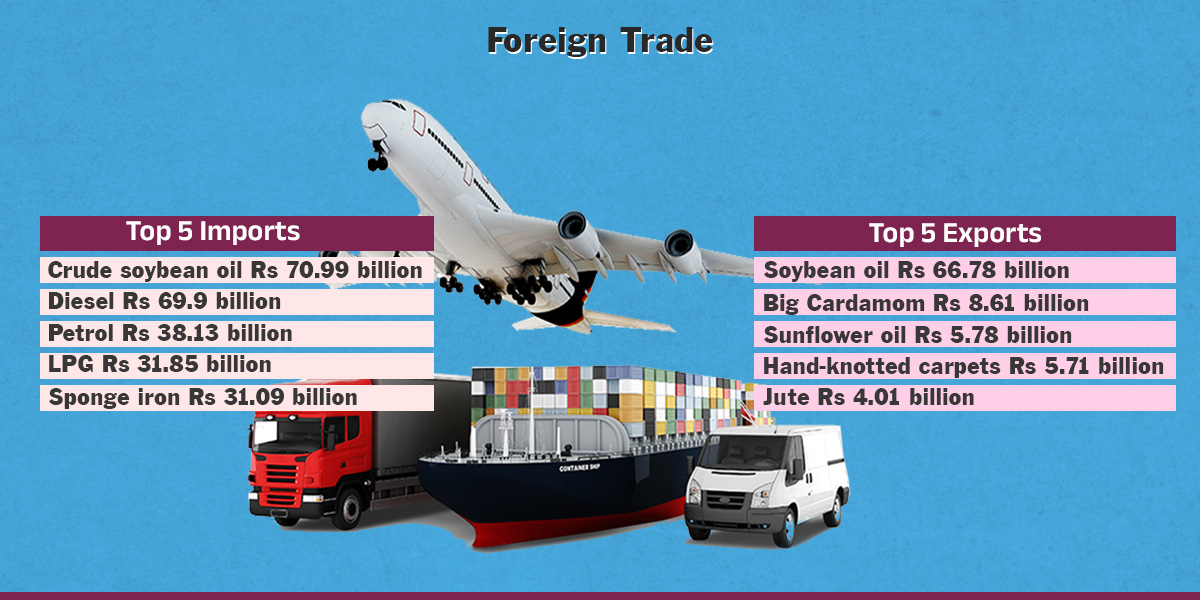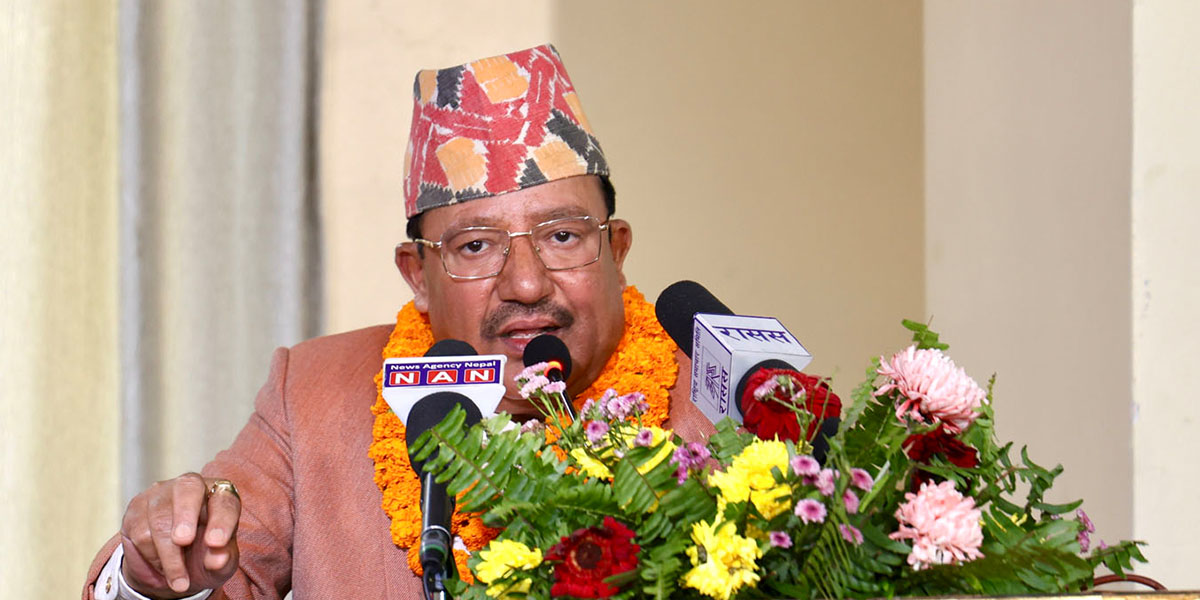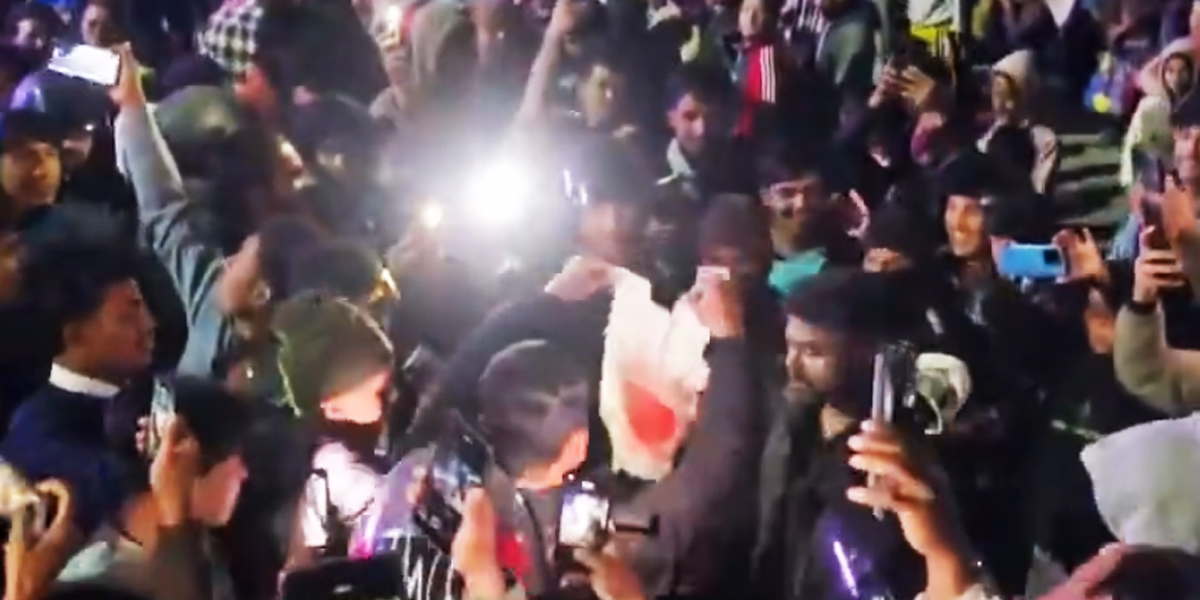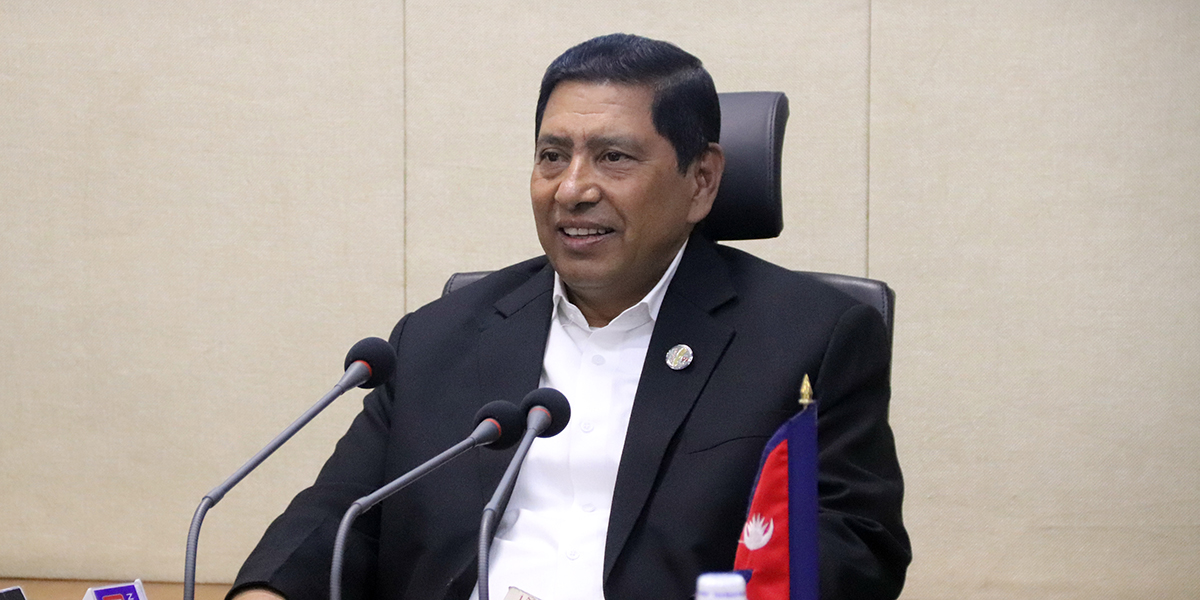 Deputy Prime Minister Shrestha. (File Photo)
Deputy Prime Minister Shrestha. (File Photo)
KATHMANDU: Six and a half years after India launched its demonetization drive, the issue has entered into discussions among senior leaders of the ruling coalition.
Deputy Prime Minister and Minister for Home Affairs Narayan Kaji Shrestha proposed senior leaders of the ruling parties to launch a similar drive in Nepal. Shrestha’s proposal caught the senior leaders by surprise.
Stating that the country is experiencing an artificial shortage of banknotes, Shrestha argued that implementing demonetization is in the best interest of the nation. Drawing upon the example of neighboring India, Shrestha highlighted how the ruling Bharatiya Janata Party (BJP) of India benefited from the demonetization drive.
The 2016 demonetization drive in India resulted in a significant increase in digital payments adoption within the country. Following the discontinuation of 1,000 and 500 denomination bills as legal tender, banknotes that had been out of circulation for years found their way back into the banking system. Additionally, previously unaccounted banknotes held in foreign countries also entered India’s formal channels. Unfortunately, Nepal has faced challenges in securing an exchange facility for the demonetized Indian banknotes in circulation within its borders, largely due to its diplomatic inability to raise the issue effectively before Indian leaders.
Shrestha said during the meeting that demonetization would promote the adoption of digital payments in Nepal and reduce corruption.
Minister for Finance Dr. Prakash Sharan Mahat, who was present in the meeting, expressed the opinion that immediate implementation of demonetization would not be feasible. According to a leader who was present in the meeting, the senior leaders also did not show much enthusiasm toward the proposal.

 Himal Press
Himal Press 